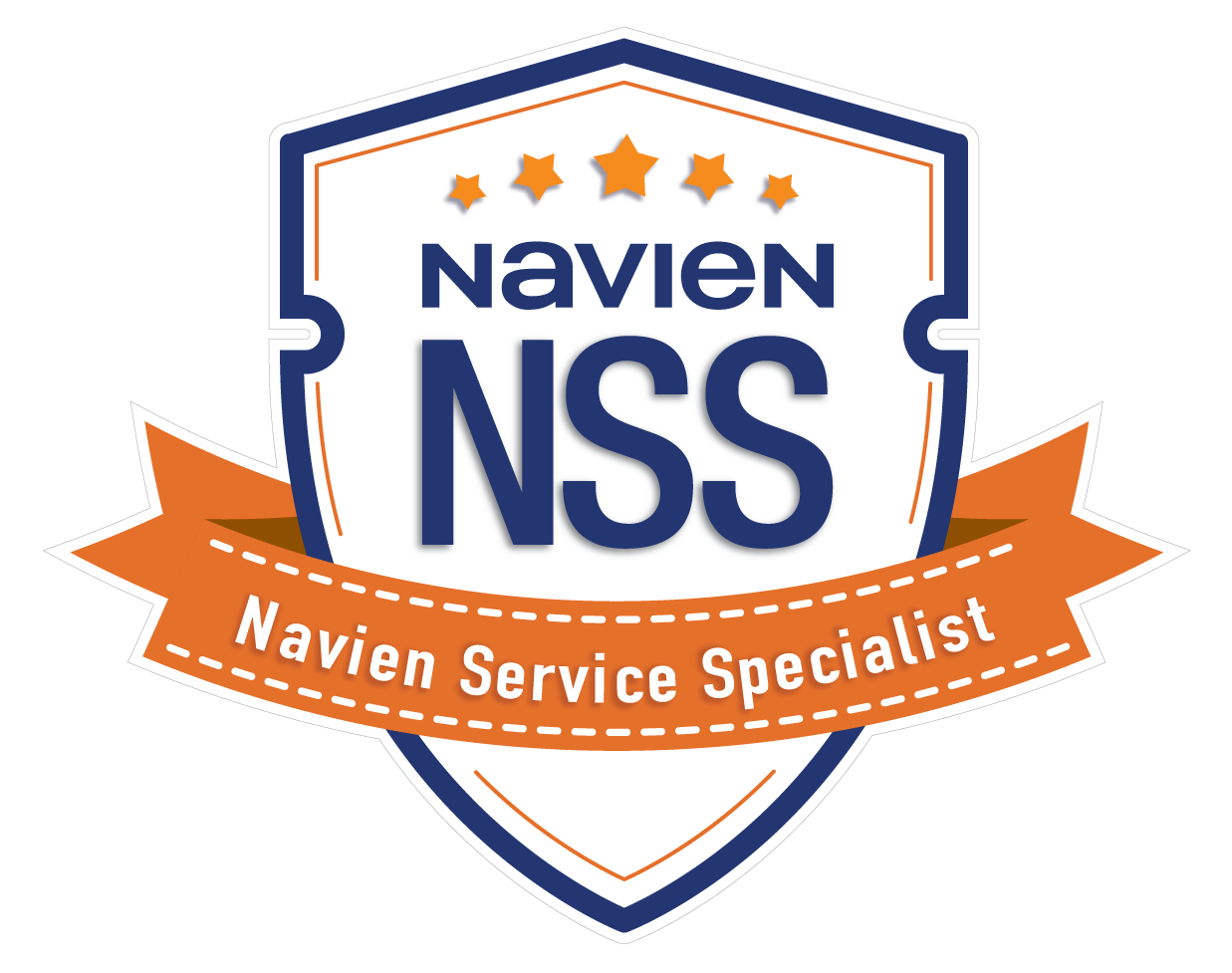As a homeowner, maintaining a sound plumbing system is essential to ensure the comfort, functionality, and value of your property. From leaky faucets to clogged drains, common plumbing issues can quickly escalate into costly and inconvenient problems if not addressed proactively. In this post, we’ll explore practical tips and preventive measures to help you avoid common plumbing issues and keep your home’s plumbing in good shape.
Regular Maintenance and Inspections
Regular maintenance and inspections are key to preventing plumbing issues. Schedule annual inspections by a professional plumber to check for leaks, corrosion, and other potential problems. Additionally, consider proactive maintenance tasks such as checking for water leaks, inspecting exposed pipes for signs of damage, and maintaining water pressure at optimal levels.
Proper Disposal of Waste
Avoid disposing of grease, oils, and food scraps down the kitchen sink, as they can lead to clogged drains and sewer backups. Instead, collect grease in a sealable container and dispose of it in the trash. Install drain strainers to catch food particles and prevent them from entering the plumbing system.
Monitor Water Pressure
High water pressure can put stress on your pipes and fixtures, leading to leaks and bursts. Use a pressure gauge to monitor water pressure periodically and, if necessary, install a pressure regulator to maintain the pressure within the optimal range.
Address Leaks Immediately
Even a small leak can waste a significant amount of water and cause damage to your home. Check for and address leaks promptly to prevent water damage and higher utility bills. Inspect faucets, toilets, and exposed pipes for any signs of leaks, and repair or replace any faulty components as needed.
Protect Pipes from Freezing
During colder months, take steps to prevent your pipes from freezing. Insulate exposed pipes in unheated areas, such as basements and attics, and consider allowing faucets to drip during freezing temperatures to prevent the buildup of ice within the pipes.
Care for Your Drains
Proper drain care can prevent clogs and backups. Avoid pouring harsh chemicals down the drain and opt for natural, enzymatic drain cleaners instead. Additionally, regularly flush drains with hot water and vinegar to help prevent the buildup of grease and debris.
Educate Household Members
Educate all members of your household about good plumbing practices, such as avoiding flushing non-flushable items down the toilet and using drain strainers in sinks and showers. By promoting awareness and responsible habits, you can help prevent plumbing issues before they occur.
Consider a Water Softener
Hard water can contribute to mineral buildup in pipes and fixtures, leading to reduced water flow and increased wear and tear. Installing a water softener can help mitigate the effects of hard water and prolong the lifespan of your plumbing system.
By following these preventive measures and staying proactive in your plumbing maintenance efforts, you can minimize the occurrence of common plumbing issues in your home and potentially save yourself from costly repairs and inconveniences.
Remember that while preventative measures are essential, it’s also important to seek professional assistance for any plumbing concerns that arise. If you live within Duluth, MN, make sure to contact Stone Plumbing And Heating for quick and reliable service for all of your plumbing needs.


